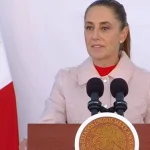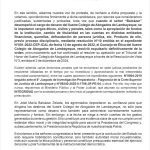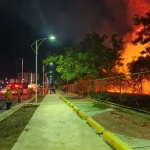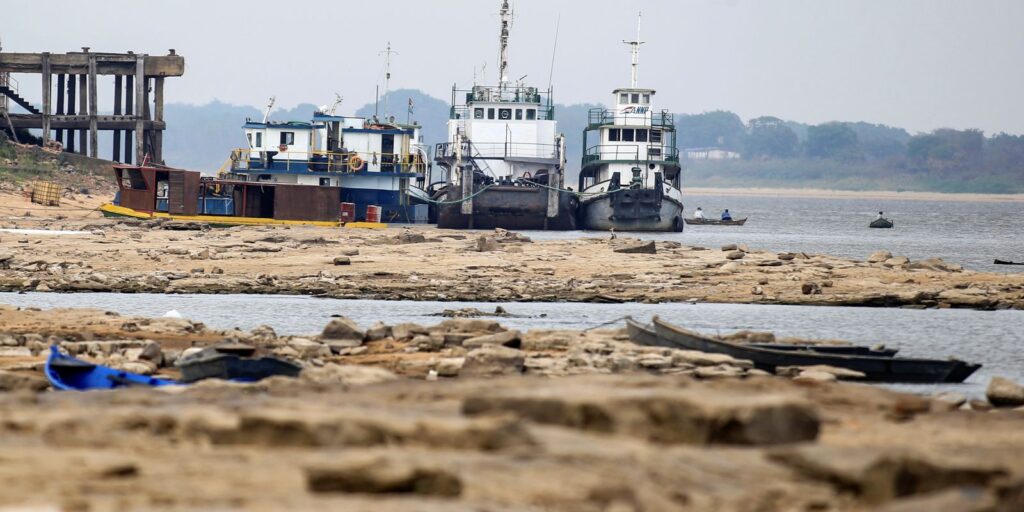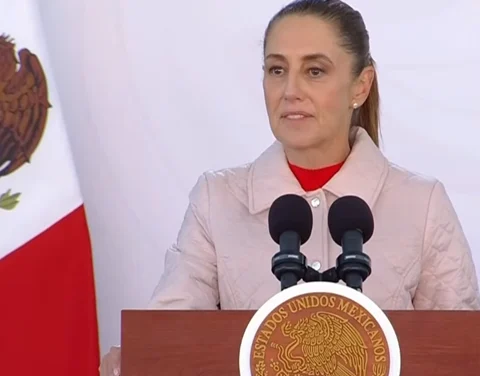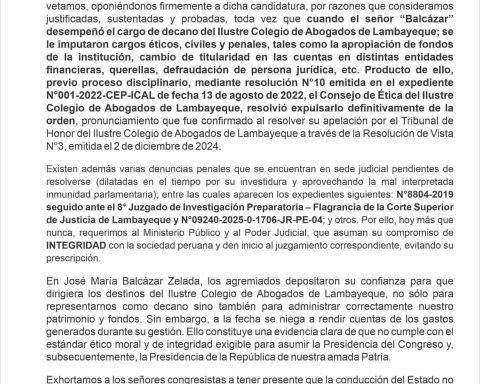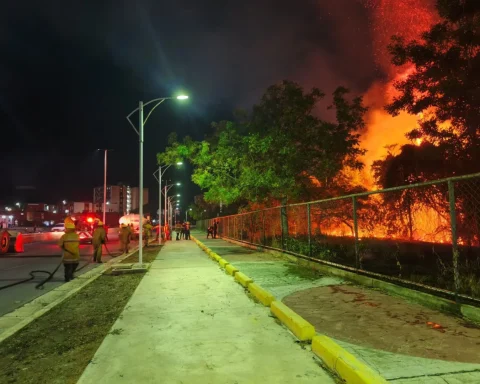By some strange design of prison tourism, he had ended up in the Rawson prison. From there, on September 12, 1989, he sent a letter to the editors of the newspaper Nuevo Sur. The first thing that struck me was his excellent prose.
The guy claimed that another prisoner had revealed to him the place where they would be the remains of Rudolf Clutterbucka director of Alpargatas kidnapped on October 16, 1988.
Cacho Novoa – my boss in the Police section – smiled, because he knew that the presumed coordinates of that clandestine burial had become an excuse for every convict confined in a distant prison that he wished to be transferred to a more cosmopolitan place of detention.
However, he did not hesitate to send the information in question to Judge Nelson Varazo, who was processing this case. And he rushed to arrange for the inmate to appear in his office, but not before placing him in a prison in the capital.
The news of this move reached us in a second letter, this time hand-delivered by her partner, a petite and still young woman who went by the name of Celia. Reading it, I was again somewhat surprised by his handling of writing. And Nova too. The truth is that this was enough for us to make a decision: turn that man into our correspondent in the Villa Devoto prison.
Although -as expected- the excavations undertaken as a result of his testimony yielded negative results, he it was not returned to Rawson. Therefore, he began to develop his new trade, now definitively installed in the Bermúdez street prison.
And with a promising start, since through him we were able to fire some firsts; among them, the existence of a network made up of officers from the Penitentiary Service dedicated to the sale of weapons stolen from Devoto’s arsenal.
As well we managed to have access to the word of the most coveted prisoners by the press, in addition to obtaining data on cases about which other media only had the police version. In parallel, every Tuesday we published his own column, titled “From my cell”.
In this regard, I remember one in particular. It was about a convict who used to complain bitterly about not being visited by his relatives; That note, which touched on the subject of prison abandonment in a moving way, contained a final detail: The guy was in jail for murdering his entire family.
At first, communication with the author of those stories was only epistolary. Until, during a rainy October morning, I went to his place of residence. The guards carefully checked the cigarettes he brought for him. Then, as I walked down the hall that leads to the locutory, I was afraid for a moment that I wouldn’t recognize him. However, a figure emerged from the background to meet me. It was Juan Carlos Pérez, whom everyone called “El Cura”. Later I learned that he had been dragging that nickname ever since he robbed a brokerage house disguised in a cassock.

The Labyrinth of Solitude

Long before Pérez became El Cura, exactly during the early morning of July 30, 1964three boys entered the Pusycat, a cabaret located in the Bajo area. One of them was him.
His Smith & Wesson weighed on his waist. But he hesitated to draw it. The most vehement of the newcomers – who was called “The Bird” – already had him pointed at the cashier; the other –a certain Tito– covered him from a small platform. And Juan Carlos was as if immobile. It was his baptism of fire in crime.
The truth is that the trio had planned this coup carefully; This included a detailed preliminary intelligence work and the theft of a Chevrolet 400 to evacuate the place. Now everything seemed to be going smoothly. But suddenly the additionist tried to resist. It was the initial kick of a tragic failure: The Bird lavished a butt on him in the head with such bad luck that he missed a shot; the projectile hit Tito square in the forehead, who died before falling on a small table. Then there were shouts, more shots, and a wild retreat. At the corner they ran into a patrol car. El Pájaro ended up riddled with bullets and Pérez, in the old Caseros penitentiary. It was his initiation trip to the country of bars.
–That time I was imprisoned for six years, one month and three days.
He pronounced that sentence raising his bushy eyebrows, before falling silent. We were sitting in the corner of a room full of prisoners and visitors. My host now seemed focused on the water he was pouring over the grass; he actually gauged his next words. Then he blurted out:
-Being in a prison for the first time was for me like having entered the kingdom upside down. Because when I was free I thought that being a thief was something that was said very softly, in an intimate circle. But what is confessed softly on the street is said openly in prison. And even with pride. In my case, I mitigated the dead hours of confinement by listening to the oldest prisoners; they, of course, did not talk about anything other than crimes. And little by little I learned. I entered the tomb being just a little thief and obtained freedom already a thief. I left on September 5, 1970.
After evoking the date, the Priest remained silent again. Then he added:
–That time I was abroad for thirteen months and six days.
And – according to his story – such a period would have been intense. In short, the ex-convict did not take long to put into practice the lessons learned behind the walls. So much so that, after teaming up with two old acquaintances from prison, he embarked on a meteoric career against private property. His preferred targets were real estate, factories and companies. It was in those days when the episode of the cassock occurred. At that time, when the occasion was right, El Cura also used to perpetrate one-man assaults.
-Once they gave me the information that there was a customs broker with three kilos of gold in the house. The guy lived in Palermo. I watched him for days. And one afternoon I sent. But, in the middle of my distraction, that guy whistled at me; he came at me with a blade. It was my life to his.
For this fact, Pérez was again imprisoned and convicted of “murder on the occasion of robbery”. It was pity that she was still purging.
Now, on that October morning, he was serving the last mate just as a guard announced the end of the visit. It was still raining outside.
the ghost of freedom
Our man at Devoto continued to write his columns until the end of 1990, when the newspaper ceased to be published. From then on –thanks to Novoa’s management–, he began to publish in “Esto”, the legendary police magazine directed by Pancho Loíacono.

I kept visiting him from time to time. He was later transferred to the Ezeiza Penitentiary Colony. In February 1993, he was released. My reunion with him took place in an apartment on Piedras street that a friend of his had lent him. The priest lived there with Celia. His attitude did not seem to be that of someone who had spent 23 years in a row in the shadows. On that occasion we ate a barbecue that lasted until dawn.
A few months later I was summoned by Fabián Polosecky –whom we all called “Polito”– as an investigator for his program “The Other Side”. And El Cura was one of those interviewed.
The dialogue between Polito and him took place at a table in the British bar.
I’ve been free for three months and a week. Before I counted the days that I needed to go out; now I count the days that I have left –she said, by way of introduction.
Polito then asked:
-Don’t you think that at some point you will stop counting?
-If only. But freedom is not the fantasy that one had while in prison. There one thinks: “When I am outside the problems will end.” Actually all the problems of the fence will be over. And others begin; because at the end of the month you have to pay the telephone, electricity and expenses. I have to support my family, and the temptations are very great. Sometimes I feel like those guys who go to Alcoholics Anonymous: they promise themselves not to drink for the next 24 hours. I do the same: I try to last 24 hours without leaving the pipe.
For some reason, The priest did not want to go out on TV with his face uncovered. Consequently, we put a false beard on him. Even though she had cost us about 100 dollars, she was very bizarre; with her, The Cure He looked like the villain of Chaplin’s movies. At the end of the interview, after greeting everyone with a handshake, he hailed a taxi and left… with a beard.
It was the last time I had it before my eyes.
During the morning of December 4, 1995, after the assault on a hardware store in Almagro, the two authors of the act undertook a vertiginous escape aboard a motorcycle. The owner of the premises – a retired police officer – tried to stop them with bullets. One of the gunmen was hit in the back. And he bled out shortly after.
Cura Pérez had stopped counting the days forever.







